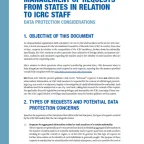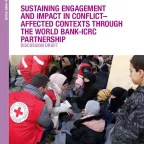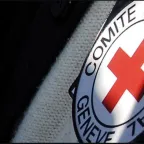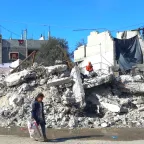Georgia: Relief and grief surge as remains of loved one are handed over after 30 years
In July 1993, 26-year-old Maia Kapanadze’s life took a sudden turn that left her in limbo for 30 years. Her husband, Badri Shalikashvili went missing from near Kindghi village during the war in …








